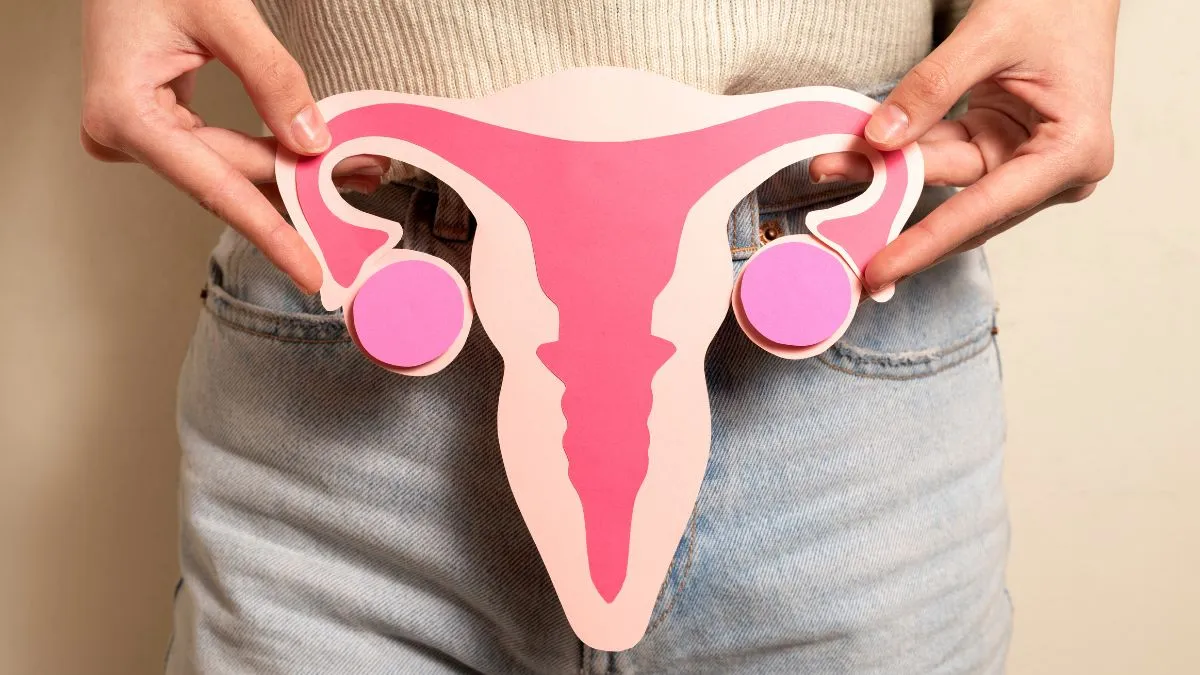
Over the past decade, improvements in reproductive medicine have brought new hope for women facing reproductive challenges due to age, low estrogen levels, or premature menopause. One of the most promising technologies is ovarian rejuvenation- a method that aims to restore or augment ovarian function in women who have difficulty conceiving because of a low number of eggs or suboptimal egg quality. The treatment holds out promise for many who have very few options and for whom traditional fertility treatments like IVF have been unsuccessful.
Table of Content:-
Understanding Ovarian Rejuvenation
According to Dr Kaushal Kadam, MBBS, MD, DGO and Director, Corion Fertility Clinic, “Rejuvenation of ovaries is a minimally invasive procedure that tends to stimulate ovaries to give rise to brand new, live eggs. The method involves using the patient's own cells or blood to activate dormant follicles in ovaries.”
Some of the well-known methods are:
- Platelet-Rich Plasma (PRP) Therapy: This is accomplished by taking a small sample of the patient's blood, processing it to concentrate platelets, and injecting the same into the ovaries. Platelets have growth factors that can facilitate tissue repair and regeneration. In ovarian rejuvenation, they are thought to stimulate the activation of resting follicles and enhance ovarian function.
- Stem Cell Therapy: Stem cells from the patient's own bone marrow or fat tissue is used by some clinics to stimulate new cellular growth and regeneration in the ovaries.
Also Read: What Is Ovarian Reserve? And Why It Is Important For Conception
These procedures are usually done under ultrasound guidance and have minimal or no downtime. They are experimental but have been shown to be effective in treating women who had previously poor ovarian response or no response at all.
Who Might Benefit from Ovarian Rejuvenation?
Ovarian rejuvenation is not for everyone, but it might be especially beneficial in the following population:
- Women with Diminished Ovarian Reserve (DOR): Women who possess fewer eggs remaining in their ovaries, commonly diagnosed by high FSH or low AMH. Rejuvenation can help them respond well to fertility treatment.
- Advanced Maternal Age: With age, the quantity and quality of the eggs of a woman reduce naturally. Ovarian rejuvenation may potentially increase the chances of successful retrieval of healthier eggs for IVF or natural conception.
- Premature Ovarian Insufficiency (POI): Women diagnosed with POI (premature menopause) may be assisted by treatments that might reinitiate some of the ovarian function.
- Women Who Have Failed to Respond to IVF: If IVF cycles have failed due to poor response of the ovaries, rejuvenation can offer a second option for increased egg production and quality.
- Women Seeking Alternatives to Donor Egg: Certain patients may not prefer to use donor eggs due to personal or cultural reasons. Rejuvenation may provide a solution to conceive from their own eggs.
Also Read: Autoimmune Diseases More Common In Women Who Stop Ovulating Before 40
What to Expect
Although ovarian rejuvenation outcomes can be promising, it should be known that success cannot be assured and the procedure remains investigational in most nations. However, clinics such as Corion Fertility Clinic in Mumbai provide advanced forms of PRP therapy under the guidance of trained professionals. Their staff carefully assesses every patient to decide on suitability and maintain realistic expectations regarding possible outcomes.
Ovarian rejuvenation is a new frontier in fertility care, offering hope to women who previously had restricted reproductive options. Although additional large-scale studies are necessary, the procedure has the potential to boost natural fertility and enhance IVF outcomes. If you're experiencing egg quality or quantity issues, see a fertility expert to determine if ovarian rejuvenation might be an appropriate choice for you.
Also watch this video
How we keep this article up to date:
We work with experts and keep a close eye on the latest in health and wellness. Whenever there is a new research or helpful information, we update our articles with accurate and useful advice.
Current Version